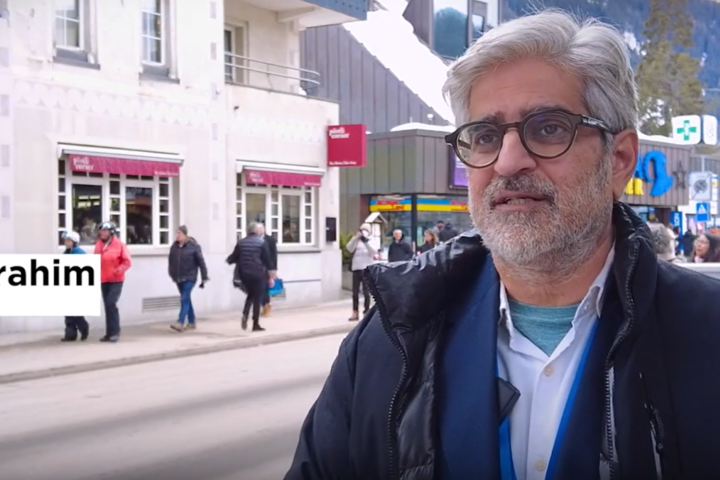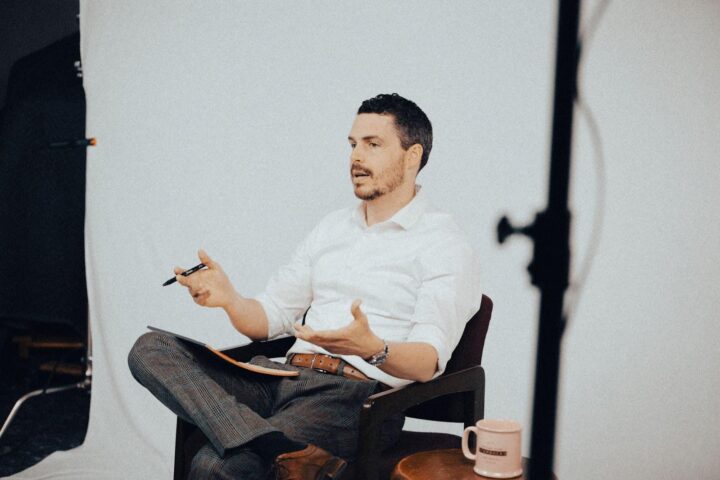The digital age’s most urgent battle is not fought with firewalls or encryption keys—it is won inside the human mind. Dr. Dave Chatterjee, a cybersecurity strategist and Duke University professor, has spent over two decades dissecting why people, not machines, hold the key to thwarting cyber threats.
His message is stark: “Attackers don’t need code to cripple a network. They need a single moment of human hesitation.”
At the 2025 Rivest, Shamir, and Adleman (RSA) Conference, Chatterjee reframed cybersecurity as a psychological war, urging organizations to arm their teams with behavioral resilience, not just technical tools.
The Human Firewall: Psychology Over Technology
Chatterjee opened his RSA keynote with a chilling example: a finance worker who transferred several million dollars to deepfake executives during a video call. The software didn’t fail, but critical thinking collapsed under pressure.
Hackers exploit primal instincts—trust in authority, fear of conflict, urgency to act—to manipulate decisions. “We train employees to spot phishing emails, but not to manage the stress that clouds their judgment,” he argued.
His strategy flips traditional tactics. Instead of bombarding teams with compliance checklists, Chatterjee advocates “cyber empathy.” This means designing training that mirrors real-world emotional triggers, like simulated high-pressure phishing scenarios.
It also means building cultures where admitting mistakes is rewarded, not punished. For instance, he cited a hospital that reduced breaches by 40% after implementing “no-blame” reporting channels, allowing staff to flag risks without fear.
Scaling Resilience: From Boardrooms to Budget-Strapped Towns
Chatterjee’s strategies are not solely for use by Fortune 500 companies. He is on the warpath to democratize cyber readiness, funding initiatives like The Cybersecurity Readiness Podcast—80 episodes, 11,000 downloads across 110 countries—out of his own pocket. The show distills complex threats into actionable insights, featuring voices from rural school IT directors to Interpol analysts.
“Security isn’t a luxury,” he insists. “We need to protect a single mom’s smartphone as critically as a bank’s server.”
This ethos drives his pro bono work. He’s advised small governments on shielding voter databases and coached startups on zero-cost defenses like enabling multi-factor authentication. For aspiring professionals, he offers research roles to bridge the experience gap.
One mentee, now a cybersecurity lead at a Nairobi nonprofit, credits Chatterjee’s mentorship for “turning basic textbook knowledge into a shield for communities.”
A Call to Rebuild Digital Trust
Chatterjee’s RSAC talk ended with a challenge: “What if we measured security success not by attacks blocked but by confidence restored?”
Chatterjee imagines a world where nurses, teachers, and engineers instinctively question anomalies, and leaders prioritize psychological safety over punitive audits.
Fortunately, his blueprint is gaining traction. After adopting Chatterjee’s behavioral tactics, a European utility company saw a 60% drop in social engineering incidents. Meanwhile, his podcast listeners from Delhi to Denver report revamping family password habits.
The lesson? Cybersecurity is not a tech problem—it is a test of how we nurture human potential. As Chatterjee puts it: “When we stop fearing mistakes, we start building unbreakable trust.”








